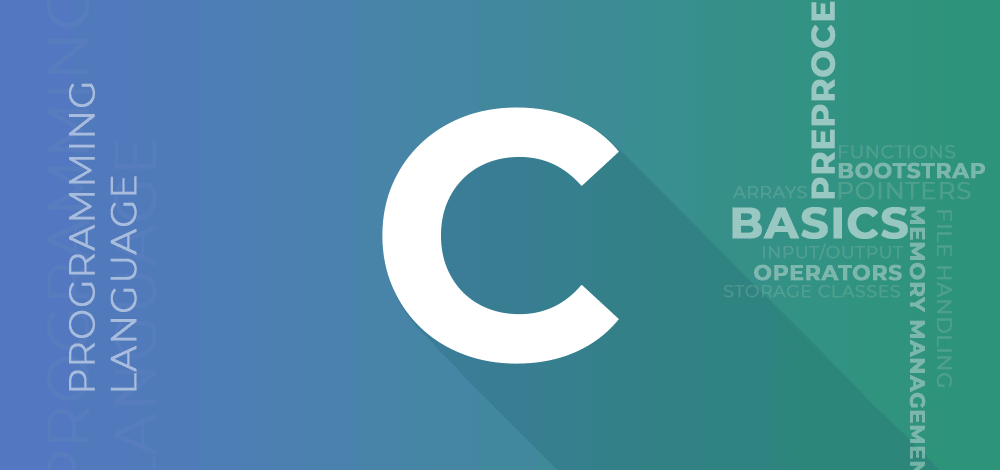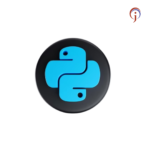Understand the Basics: Variables and Data Types: Learn about different data types (int, float, double, char) and how to declare variables.Operators: Understand arithmetic, relational, and logical operators.Control Structures: Study if statements, loops (for, while, do-while), and switch statements.Functions: Function Declaration and Definition: Learn how to declare and define functions.Parameters and Return Values: Understand how to use parameters and return values in functions.Arrays and Strings: Arrays: Learn about one-dimensional and multi-dimensional arrays.Strings: Understand C-style strings and functions from the <string.h> library.Pointers: Pointer Basics: Understand the concept of pointers and memory addresses.Pointer Arithmetic: Learn how to perform arithmetic operations on pointers.Structures and Unions: Structures: Understand how to create and use structures to group related data.Unions: Learn about unions and their use cases.File Handling: File I/O Operations: Learn how to read from and write to files using fopen, fclose, fread, and fwrite.Dynamic Memory Allocation: malloc, calloc, realloc, free: Understand how to allocate and deallocate memory dynamically.Preprocessor Directives: #define, #include:Advanced Concepts (Optional): Function Pointers: Explore the concept of function pointers.Bitwise Operations: Learn about bitwise operators and their applications.Advanced Data Structures: Explore more complex data structures like linked lists, stacks, and queues.Practice and Projects: Coding Challenges: Solve programming challenges on platforms like HackerRank, LeetCode, or CodeSignal.Build Small Projects: Apply your knowledge by building small projects, like a simple calculator or a text-based game.Read C Programming Books: “C Programming Absolute Beginner’s Guide” by Perry and Miller “C Programming for the Absolute Beginner, Second Edition” by Vine Online Resources: Tutorial Websites: Utilize websites like JNNC Technologies.Join Programming Communities: Forums and Groups: Join forums like Stack Overflow to ask questions and learn from experienced programmers.GitHub: Contribute to open-source projects on GitHub to gain practical experience.Stay Updated: Keep Learning: Stay updated with the latest features and practices in the C language.Read Documentation: Refer to the official C language documentation.Remember, practice is key to mastering any programming language. Start small, be patient, and gradually take on more complex challenges as you become more comfortable with C programming.
This course will cover all the fundamentals of C programming . The class will begin with a short overview of computers, then we will walk through an example .





 Previous Post
Previous Post Next Post
Next Post